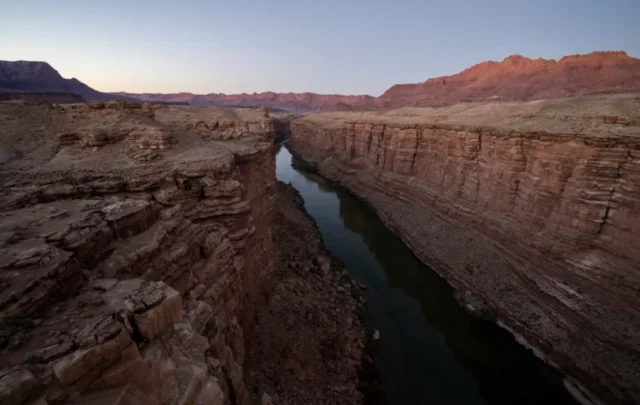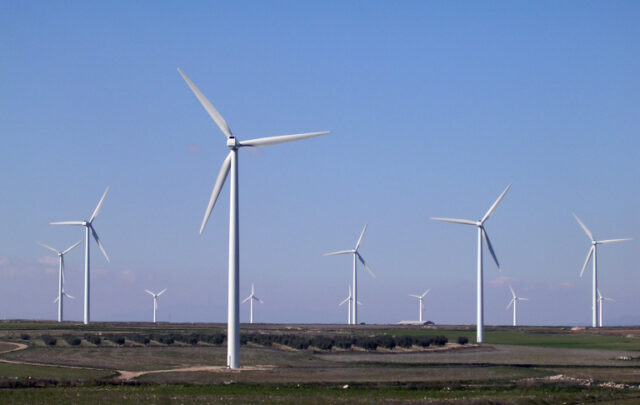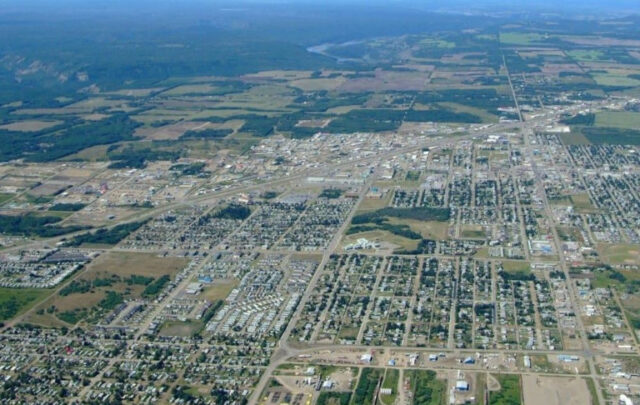From James Kunstler’s Blog:
January 31 2005
The elite clueless of the economics world had their annual jamboree in Davos, Switzerland, last week. Among other things, they heard that China’s economic output will grow to $4 trillion in 2020, from $1.6 trillion today. There was also apparently no discussion of the global oil production peak problem. Had it factored into things, there might have been some eyebrows raised about China’s prospects.
Davos jamboreener supremo Bill Gates, in his doofus-nerd “wisdom,” termed China “a change agent for the next twenty years.” What did he have in mind, one wonders? That all of China would eventually become a super-giant Redmond, Washington? A dynamic hypermega-burb full of happy motorists sipping Starbuck’s frappocinos on their way to the video game office?
Here’s the real deal: China is the last industrialized nation of the cheap energy age. Its factory production is keyed to the continuation of regular supplies of cheap oil. It has little oil of its own. In order to continue to pretend it can keep “growing” — if that’s what you call its current state of pathogenic hypertrophy — it will have to do two things. 1.) embark on a military adventure to establish hegemony over oil producing regions, and 2.) replace the prime customer for the avalanche of cheap “consumer” goods that its factories churn out.
We’ll take these questions in reverse order. China may have to find someone else to sell to because its American customers, the WalMart and Target shoppers, are sliding into bankruptcy after a decade-long credit card orgy. Will the Europeans throw away their own manufacturing capacity to make way for a Chinese tsunami of cheap hair dryers and blue jeans? Don’t bet on it. Will South America and Africa replace the American market? Forget it. Will China simply shift marketing to its own citizens? That brings us back to the oil question.
An industrial economy is not a perpetual motion machine. It has to run on something — in this case, oil, natural gas, and coal. If China expects to expand to meet the expectations of Davos, it will have to go adventuring for oil, in effect establish hegemonic relations with the countries that have the stuff. China is already scurrying around the globe signing contracts with nations such as Venezuela and Canada for future oil delivery — which, by the way, will come at the expense of the oil-hungry United States. China is currying favor with the nations of Middle East by doing civil engineering projects there. China’s army could walk into the oil producing nations of Central Asia. China can reach down to Indonesia with its expanding navy. In all these ventures, China will bump up against an increasingly desperate US, determined to preserve a way of life that, in the words of Veep Dick Cheney, is “non-negotiable.”
Meanwhile, China’s coal supply is mostly low-grade “soft” coal, exactly the stuff that will shove the world’s climate into phase change if it has to be used to replace missing oil. China hopes to get natural gas from its neighbor, Russia. Good luck on that. The Russians just planned a major natural gas line that will bypass China to north and go to Japan. The Russians need to be dominated by China like they need a hole in the head.
Conclusion: in the next twenty years, China is certain to contest militarily for the world’s remaining oil with what has been the prime customer for its manufacturing output. That would be America.
While the US is fraught with multiple economic difficulties — energy dependence, loss of productive activity, debt meltdown, an ongoing expensive war — China has problems that are even more fundamentally ominous — a population much more advanced in ecological overshoot, severe environmental destruction, and a water crisis that is manifesting, among other ways, in steeply falling grain harvests (on top of energy and resource dependence, unregulated banking, and the prospect of huge industrial overcapacity in the face of bankrupt customers).
Those of us Boomers, who were reading newspapers in the 1960s can recall China’s capacity for political psychosis. It’s been forty years since the “cultural revolution.” The Davos Sages seem to assume that China is a stable country. The Clusterfuck view sees it differently. As the American consumer / sprawl economy sputters, China will find itself in desperate circumstances: starved for energy, stuck with zillions of unsold coffee-makers and barn jackets, racked with unemployment, and hard-put to feed its own people.
China is going to be a “change agent,” all right, but not in the way that Bill gates expects.





